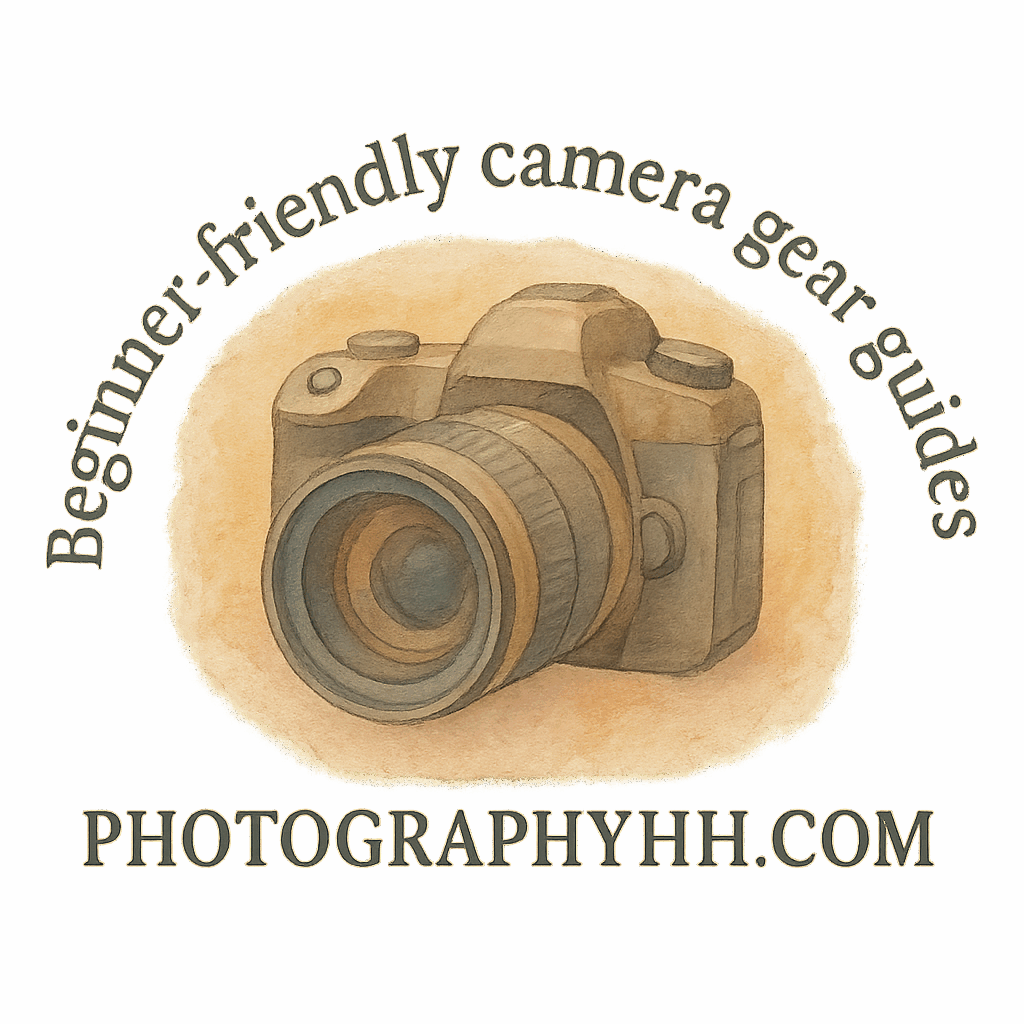When you’re just stepping into the world of photography, it’s easy to get carried away by shiny new gear and endless recommendations. But here’s the truth: you don’t need to spend thousands of dollars to take amazing photos. With the right strategies, you can save money on beginner camera gear and still capture stunning shots.
Let’s dive into 11 beginner camera gear tips for saving money that will help you start smart, spend wisely, and enjoy photography without draining your wallet.
Why Saving Money on Beginner Camera Gear Matters
Photography is one of those hobbies (and careers) where gear temptation is everywhere. Every brand releases new cameras, lenses, and accessories every year, making it easy to feel like you’re always behind. But spending recklessly at the beginning can lead to financial stress and unused gear collecting dust.
Instead, being intentional with your purchases allows you to grow your skills while keeping your bank account happy.
The Common Mistake: Buying Too Much Too Soon
Many beginners buy an expensive DSLR, multiple lenses, a fancy tripod, and every accessory in the store—only to realize they only use 20% of it. The rest? Wasted money.
That’s why you need a practical approach to building your camera bag piece by piece.
Tip 1: Start with the Basics Before Expanding
You don’t need everything at once. Begin with essential beginner camera gear that helps you learn the craft.
Essential Beginner Camera Gear to Consider
Camera body
Pick a solid entry-level DSLR or mirrorless camera. It doesn’t have to be the latest model—older models still perform beautifully.
Lens
A kit lens is fine at first, but consider upgrading to a prime lens later for sharper images.
Memory card
Reliable storage is non-negotiable. Buy a couple of high-speed cards instead of splurging on one overly expensive one.
👉 Need more insights? Check out this guide: Beginner Camera Gear Basics.
Tip 2: Buy Used or Refurbished Gear
One of the easiest ways to save big is by purchasing used or refurbished beginner camera gear.
Trusted Sources for Used Camera Equipment
- Manufacturer-certified refurbished stores
- Local camera shops
- Online platforms with warranties
Sites often list cameras returned in excellent condition at nearly half the retail price.
Tip 3: Rent Before You Buy
Why commit hundreds of dollars before knowing if you’ll love a lens or camera? Renting gear gives you a test drive.
Perfect for Testing Different Photography Styles
If you’re unsure whether you’ll focus on portraits, landscapes, or wildlife, rentals let you experiment first.
Explore more: Beginner Camera Gear for Photography Styles.

Tip 4: Focus on Multipurpose Lenses
Instead of buying five lenses, pick one that does most of the work.
Why a “Nifty Fifty” Can Save You Money
A 50mm f/1.8 lens is cheap, versatile, and produces professional-looking results.
Tip 5: Skip the Overpriced Accessories
It’s tempting to buy every strap, bag, and filter—but most aren’t necessary.
Budget-Friendly Alternatives
- Generic camera straps
- Affordable camera bags
- DIY reflectors with household items
For budget tips, visit: Budget Beginner Camera Gear.
Tip 6: Take Advantage of Bundles and Deals
Bundles often include lenses, memory cards, and bags at discounted rates.
Where to Find the Best Discounts
Check seasonal promotions, student deals, and online marketplaces under Deals and Discounts.
Tip 7: Invest in Tripods and Essentials Wisely
A tripod is crucial, but you don’t need a $500 one.
Affordable Options That Last Long
Look at budget-friendly brands under Tripods. Aluminum tripods offer stability at half the price of carbon fiber ones.
Tip 8: Learn to Use What You Already Have
Before buying new gear, ask yourself: have you maxed out the potential of your current setup?
Mastering Your Gear Before Upgrading
Your skills will improve faster when you fully understand your camera’s manual settings instead of relying on expensive upgrades.
Find tutorials here: Beginner Camera Gear Tutorials.
Tip 9: Consider Camera Gear for Students
Students often qualify for special pricing and bundles.
Discounts and Packages Available
Check manufacturer student programs, which include beginner-friendly cameras and software deals. See more at Students.
Tip 10: Watch Tutorials and Read Reviews Before Buying
Don’t impulse-buy! Tutorials and reviews help you avoid regret.
Reliable Resources for Honest Reviews
Head over to Beginner Camera Gear Reviews for unbiased breakdowns.
Tip 11: Prioritize Photography Skills Over Gear
A great photographer can take stunning photos with minimal gear.
Why Knowledge Saves More Than Money
Your creativity is worth more than the most expensive lens. Invest in learning composition, lighting, and editing before you invest in more gear.
Additional Ways to Save on Beginner Camera Gear
- Cashback websites
- Seasonal clearance sales
- Coupons and online vouchers
You can also keep an eye on categories like Essentials and Guide for curated gear advice.
Conclusion
Starting photography doesn’t mean going broke. With these 11 beginner camera gear tips for saving money, you can be smart with your purchases, learn at your own pace, and grow your photography journey affordably. Remember—gear is just a tool. It’s your creativity, practice, and passion that truly bring photos to life.
FAQs
1. What is the most important beginner camera gear to buy first?
Start with a reliable camera body, kit lens, and memory card.
2. Should beginners buy full-frame or crop-sensor cameras?
Crop-sensor cameras are more affordable and perfectly fine for beginners.
3. Where can I find reliable beginner camera gear tutorials?
Check Beginner Camera Gear Tutorials for step-by-step guides.
4. How can I avoid wasting money on photography accessories?
Stick to essentials and budget-friendly alternatives, skipping overpriced add-ons.
5. Is renting better than buying for beginners?
Yes—renting is perfect for testing lenses or cameras before committing.
6. Do students get camera gear discounts?
Absolutely! Many brands offer student-only bundles and software discounts.
7. Can beginner camera gear still be used professionally?
Yes—many photographers shoot professional-level work with entry-level gear by mastering techniques.
